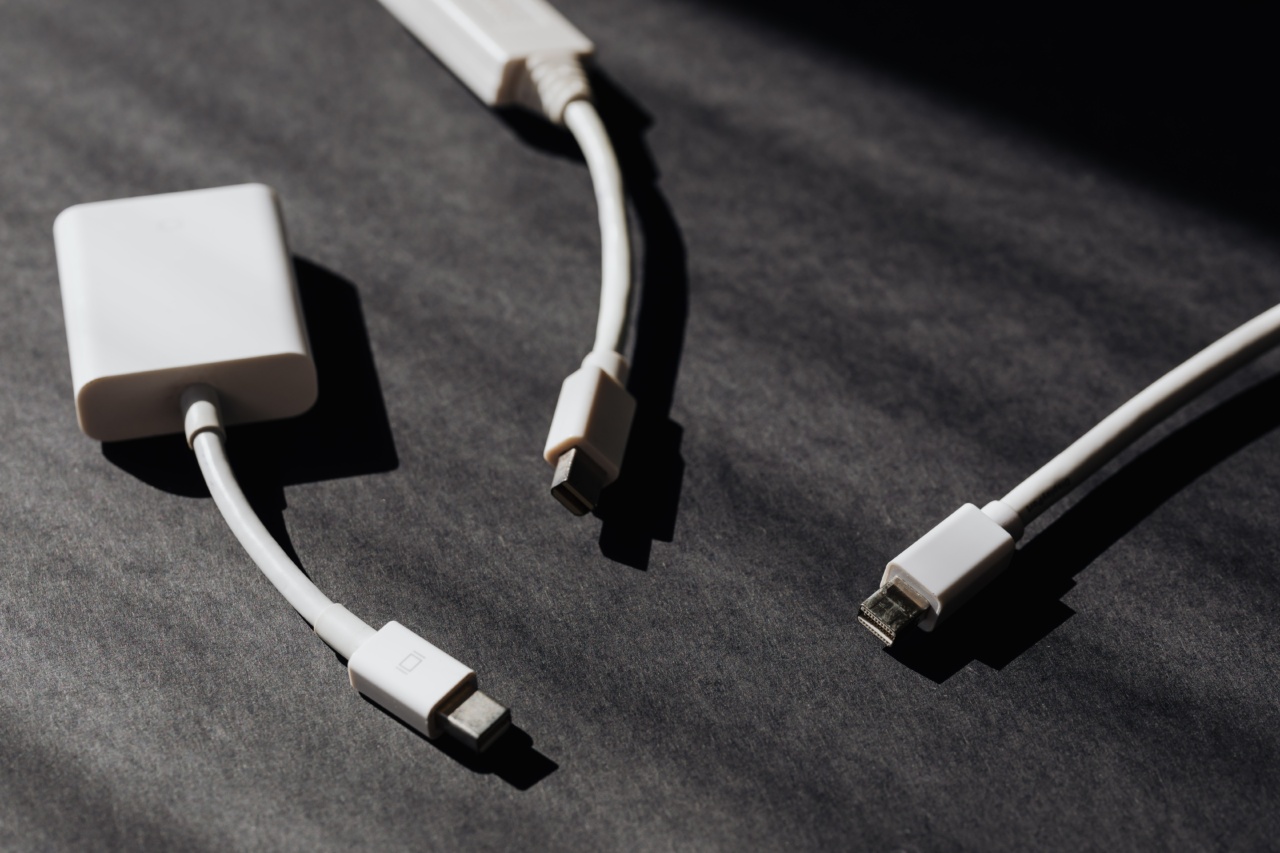Attention Deficit Hyperactivity Disorder (ADHD) is a neurological disorder that affects individuals of all ages. People with ADHD have difficulties with attention, focus, and impulsivity.
They can have trouble with completing tasks, organizing their time, and controlling their behaviour. Research shows that people with ADHD are at a higher risk of developing internet addiction, which can further exacerbate their symptoms and cause more problems.
What is internet addiction?
Internet addiction, also known as problematic internet use (PIU), involves excessive or compulsive use of the internet, including social media, online games, and other online activities.
Internet addiction can have negative impacts on an individual’s life, such as difficulty concentrating, impaired social skills, decreased productivity, and compromised physical health.
How is internet addiction linked to ADHD?
ADHD symptoms and internet addiction have many overlapping characteristics. For instance, people with ADHD often have difficulty with impulse control and are more likely to engage in compulsive behaviours, including excessive use of the internet.
Additionally, people with ADHD report using social media as a way to cope with their difficulties with communication and making friends, which can increase their risk of developing problematic internet use.
Moreover, studies have shown that people with ADHD tend to have lower levels of dopamine, a neurotransmitter that plays a crucial role in motivation and reward.
Because internet use can stimulate dopamine production, individuals with ADHD may find the internet more rewarding than other activities, making it harder for them to control their internet use. The repetitive and immersive nature of some online activities, such as gaming, can also provide a sense of structure and stimulation that is particularly appealing to individuals with ADHD.
The impact of internet addiction on ADHD symptoms
Internet addiction can have negative impacts on people with ADHD, including exacerbating their symptoms. For instance, excessive use of the internet can lead to decreased attention span, poorer academic performance, and increased impulsive behaviour.
Moreover, time spent on the internet can replace other important activities such as physical exercise, socializing, and self-care, which can further worsen symptoms of ADHD.
Preventing internet addiction in people with ADHD
Preventing internet addiction in people with ADHD requires a multi-pronged approach. Here are some strategies that can be effective in reducing the risk of problematic internet use:.
- Limiting access to the internet, such as setting time limits or using parental control software
- Encouraging physical activity and socializing offline
- Engaging in mindfulness activities such as meditation or yoga to improve impulse control
- Encouraging the development of skills such as time management, organization, and goal setting to improve academic and occupational outcomes
- Seeking professional help through therapy, medication, or other strategies to manage ADHD symptoms and co-existing mental health issues that may contribute to internet addiction.
Conclusion
ADHD and internet addiction are closely linked, and people with ADHD are at a higher risk of developing problematic internet use.
Excessive internet use can exacerbate symptoms of ADHD and cause further difficulties in social, academic, and professional realms. However, with appropriate support and strategies, it is possible to manage both ADHD and problematic internet use.































